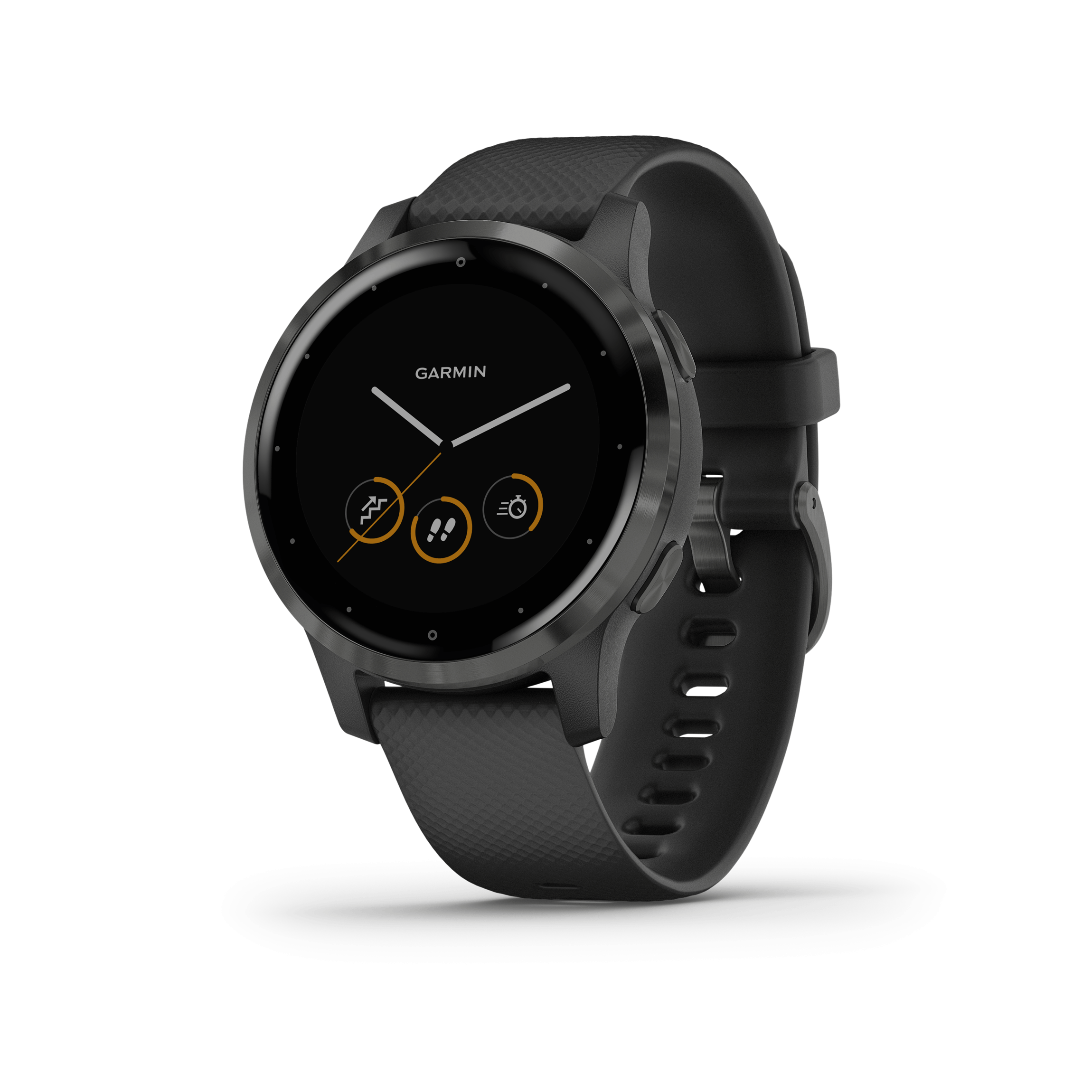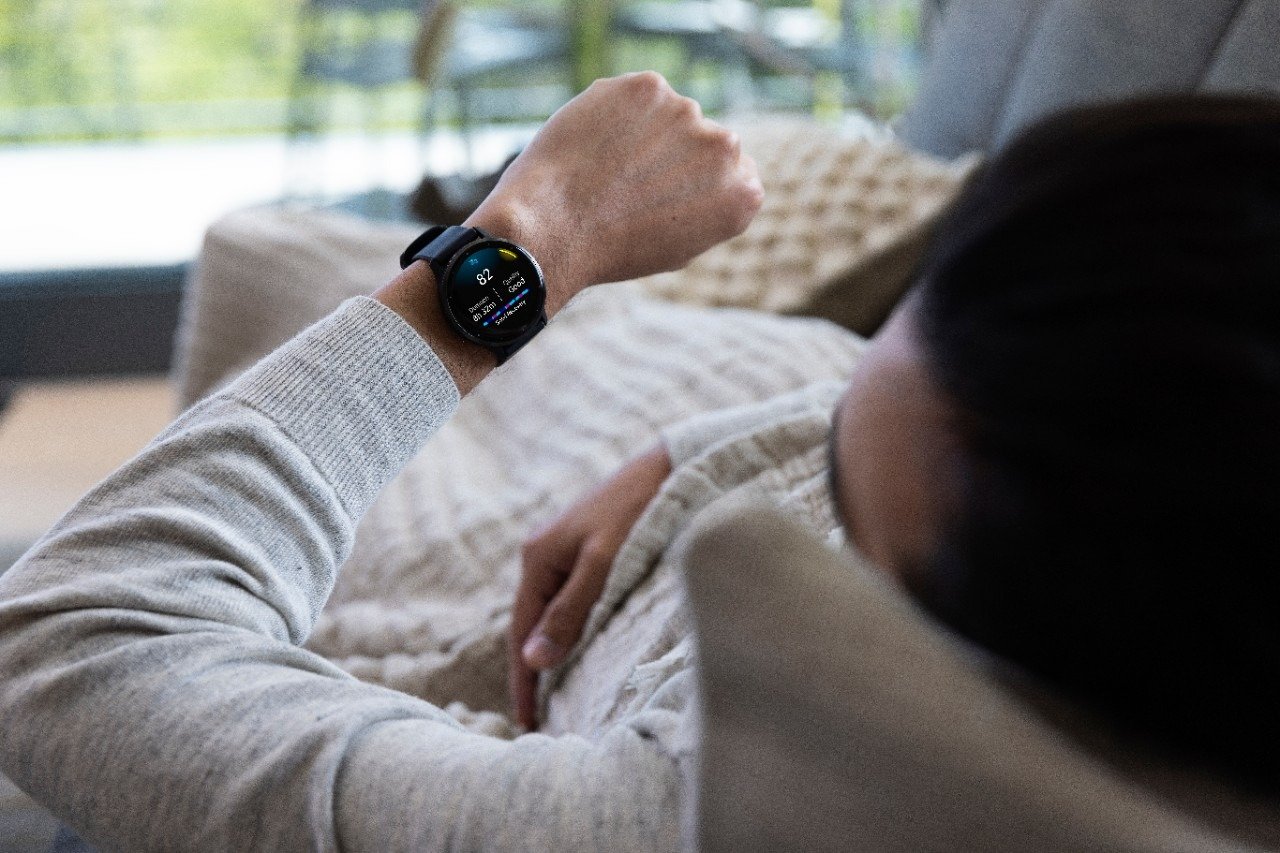
Garmin Smart Wearables Support Activities that Improved Outcomes for Lung Cancer Patients
The latest research project by digital health company Stimulab aimed to evaluate the feasibility and results of a preoperative rehabilitation programme using high-intensity exercise. The study combined daily high-intensity training set through the Stimulab app, with remote personal health coaches and vital metrics collected by the Garmin vívoactive® 4 smartwatches. As a result, patients saw an increase in cardiorespiratory capacity presurgery. This has been shown to potentially decrease the mortality risk and help accelerate rehabilitation in patients post-op, contributing to an improved quality of life.
Garmin Devices: The Foundation for Monitoring Data
According to CEO Marc-Antoine Brochard, Stimulab was looking for “a reliable collaborator with state-of-the-art technology to make sure we were getting the best data in a real-life setting for our patients.” The French-based health company has used Garmin devices for two prior research programmes, previously convinced of suitability through proven use cases of Garmin wearables in hospital settings.
Patients were onboarded in a 15- to 30-day physical activity prehabilitation programme prior to their major lung surgery. They were each given a vívoactive 4 smartwatch, which they agreed to connect to their personal Stimulab account. Each time they exercised, the smartwatch recorded activity metrics — including heart rate monitoring1, VO2 max and minutes of intense activity. The data was then retrieved by a Stimulab health coach via the Garmin Health API and used as the foundation to adapt the patient’s pre-operation training programme.
A Better Quality of Life
After recording VO2 max levels before and after the programme, patients achieved a more than 6% mean increase of physical capacity VO2 max. In the case of surgery, this has been shown to decrease the mortality risk and accelerate post-op rehabilitation, which saves the patient both time and money by reducing the number of days in hospital. Using Garmin smartwatches and remote data collection via the Garmin Health API allowed the participants to attend all of their sessions from home, omitting the need to travel potentially long distances every day leading up to their surgery.
Leading the Way for Further Garmin Collaboration
Following the promising results of this clinical trial, Stimulab is planning a larger-scale follow-up study to explore further the benefits of high-intensity exercise for lung cancer patients. Additional clinical studies involving Garmin devices and metrics are currently underway, with several more in the pipeline.
Want to learn more about related projects? Visit https://www.garmin.com/health/ for more information or check out the latest research projects with Garmin.





